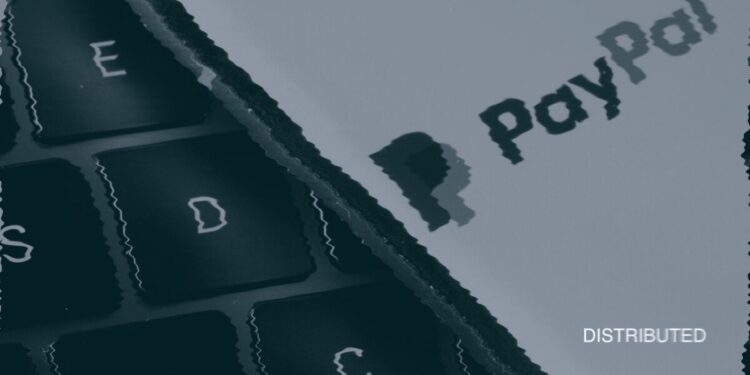German banks temporarily blocked payments worth more than 10 billion euros from PayPal earlier this week after raising alarms about possible fraud. The move, reported by German newspaper Sueddeutsche Zeitung, created a ripple effect across Europe’s digital payments system.
The issue began when banks flagged millions of suspicious direct debit requests linked to PayPal. These payments appeared unusual and potentially fraudulent, prompting lenders to put an immediate stop to them on Monday. According to reports, PayPal’s internal security system, which normally screens out scams and fraudulent requests, had been disrupted late last week. This disruption meant that unverified transactions were being sent to banks without the usual safety checks in place.
PayPal later confirmed that a temporary service interruption had affected some transactions. A company spokesperson said the problem had been quickly identified and fixed, adding that PayPal was working closely with banking partners to make sure all accounts were updated and protected.
See Related: Bitcoin Mining Hashrate Plunges 20% As US Miners Battle Bad Weather
Total Amount Of Blocked Payments
Industry sources told Reuters that the total amount of blocked payments could range anywhere from hundreds of millions to several billion of euros, although the exact figure remains unclear. Shares of PayPal dropped by 1.9% after the news, trading at $68.89 in early market hours.
The fallout was especially strong in Germany, where savings banks and local lenders said the disruption had a significant impact on payment transactions not only within the country but also across Europe. However, by Tuesday morning, PayPal services for Sparkasse customers were back to normal. Supervisory authorities in Germany, including BaFin, confirmed they had been informed of the issue. Meanwhile, Luxembourg’s financial regulator, where PayPal’s European headquarters are located, said there were no ongoing disruptions that required intervention.
The incident has reignited conversations about the growing risks tied to digital payments. As more consumers and businesses rely on apps like PayPal for everyday transactions, financial institutions are being pushed to strike a balance between speed, convenience, and security. While the disruption was resolved quickly, it highlighted just how vulnerable even the largest global payment systems can be when fraud concerns arise.



